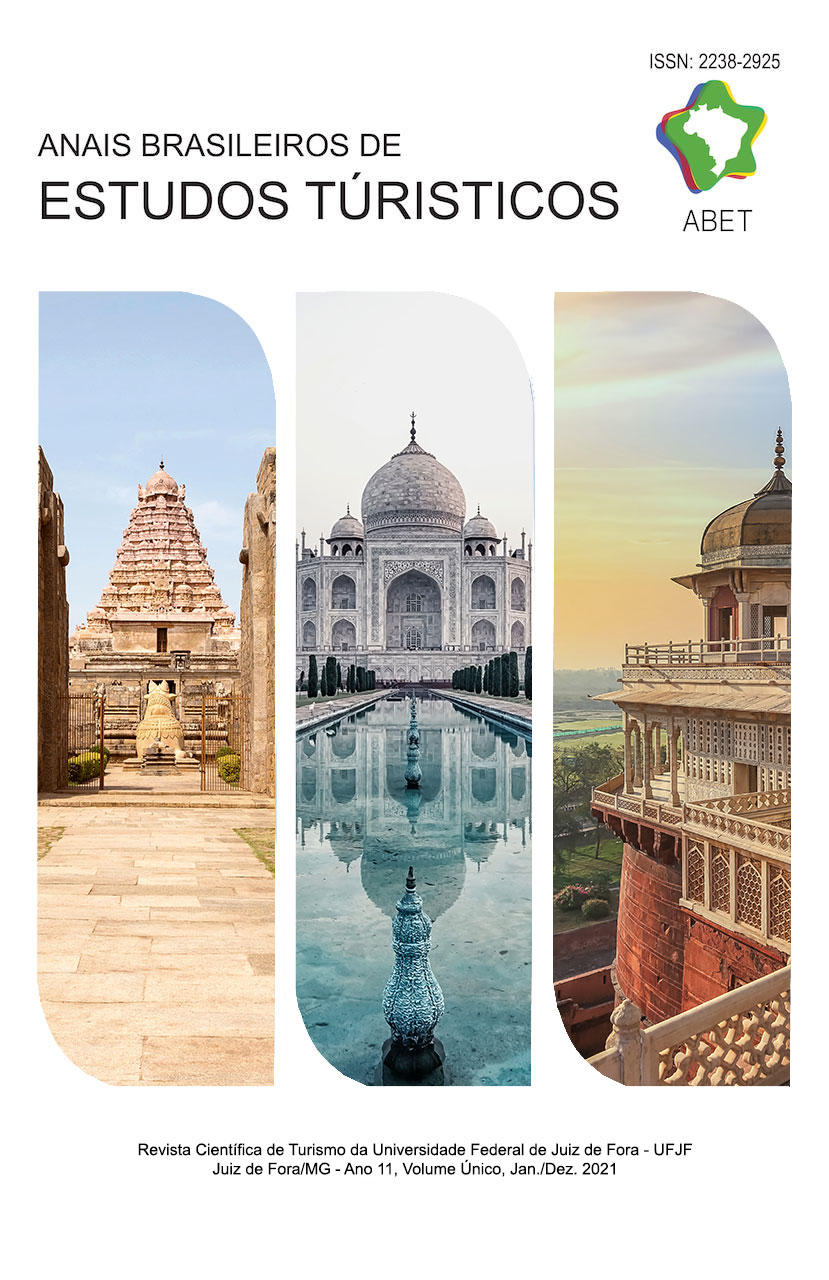People, Place, Values: Living Lab as Social Innovation Processes for Tourism Communities
DOI:
https://doi.org/10.5281/zenodo.5771002Abstract
Tourism is well known to transform space and place, especially through commodification of space and culture Destination in peripheral areas are facing major transformation. Three main challenges can be identified: workforce and demographic challenges, technological challenges and climate change adaptation challenges. Neoliberal discourses and policies will suggest technological innovation, good governance and competitive destination management to face those challenges. Based on our action researches, we take exception from those discourses, suggesting that a living lab as a social innovation process offer the potential of different responses to those challenges than the business as usual neoliberal discourses especially in refocusing the innovation agenda on people, place and use values instead of profit and exchange values. Indeed, our researches reintroduce fundamental issues of tourism as a base on encounter and sharing of space, in place, through people. The exchange value and profit not being at the core of the innovation process.
Keywords: Living Lab; Social Innovation; Climate change; Technology; People-Place-Values.
Downloads
Published
How to Cite
Issue
Section
License
Copyright (c) 2021 Anais Brasileiros de Estudos Turísticos - ABET

This work is licensed under a Creative Commons Attribution 4.0 International License.
This journal provides immediate open access to its content, following the principle that providing free scientific knowledge to the public provides greater democratization of world knowledge.
Authors must agree to the following terms relating to copyrights:
(a) Authors keep all copyright and grant the to the journal the right of first publication, with the work simultaneously licensed under the Creative Commons Attribution License that allowing job sharing with recognition of authorship of the work and initial publication in this journal.
(b) Authors are allowed to assume additional contracts separately, for non-exclusive distribution of the version of the work published in this journal (e.g. publish in institutional repository or book chapter), with recognition of authorship and initial publication in this magazine.
(c) Authors are allowed and are encouraged to publish and distribute their work online (e.g. in institutional repositories or on your personal page) since they do not do this before or during the editorial process, as this can generate productive interchange, as well as increase the impact and citation of work aired. (See Effect of Free Access).















